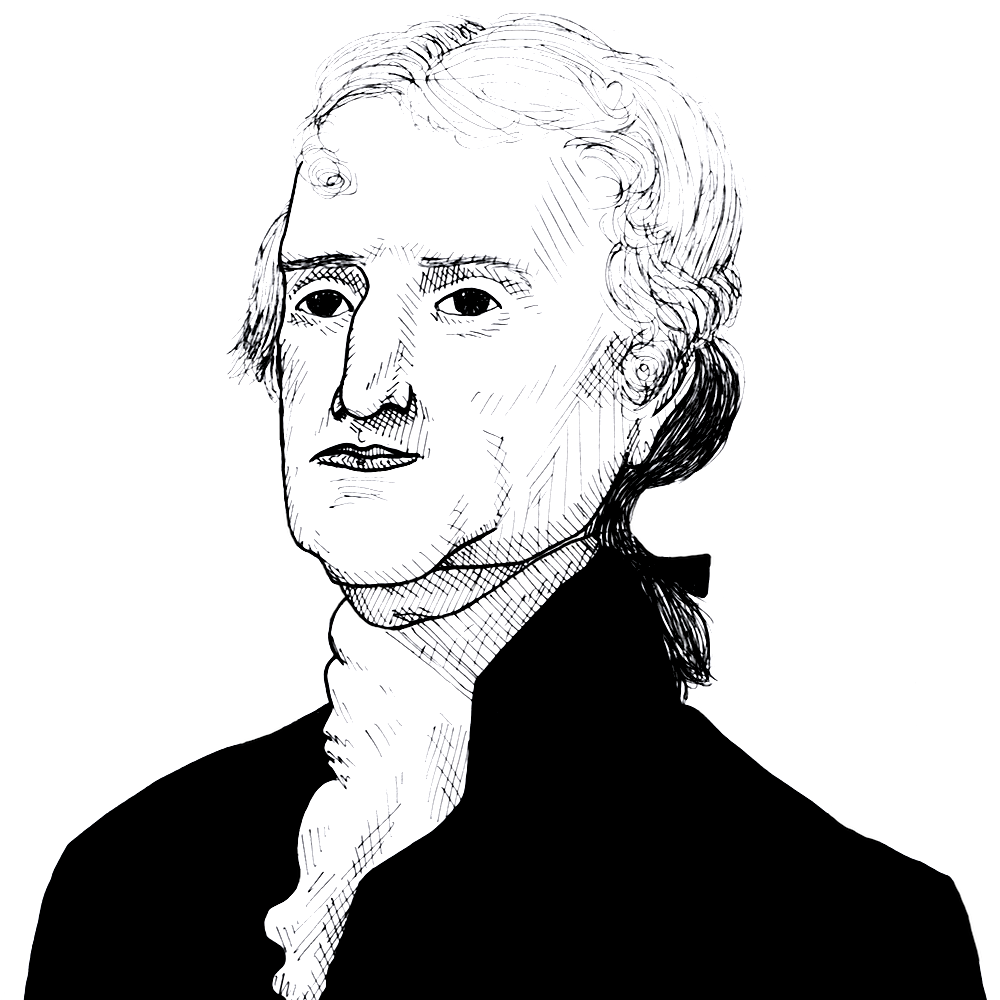
The 8th Day of Christmas: Jefferson on the inevitability of revolution in England only after which there will be peace on earth (1817)
Found in: The Works, vol. 12 (Correspondence and Papers 1816-1826)
In the immediate aftermath of the end of the war against Napoleon, Jefferson believed that the national debt and the serious economic recession in England would lead inevitably to the English people rising up and overthrowing their government as the Americans had done 40 years before. Only after this revolution had succeeded would the world finally be able to enjoy “on earth peace, and good will towards men”:
War & Peace
I turn, however, with some confidence to a different auxiliary, a revolution in England, now, I believe unavoidable. The crisis so long expected, inevitable as death, altho’ uncertain like that in it’s date, is at length arrived. Their government has acted over again the fable of the frog and the ox; and their bloated system has burst. They have spent the fee simple of the island in their inflated enterprises on the peace and happiness of the rest of mankind. Their debts have consequently accumulated by their follies & frauds, until the interest is equal to the aggregate rents of all the farms in their country. All these rents must go to pay interest, and nothing remains to carry on the government….
Our wish for the good of the people of England, as well as for our own peace, should be that they may be able to form for themselves such a constitution & government as may permit them to enjoy the fruits of their own labors in peace, instead of squandering them in fomenting and paying the wars of the world. But during these struggles, their artists are to become soldiers. Their manufactures to cease, their commerce sink and our intercourse with them be suspended. This interval of suspension may revive and fix our manufactures, wean us from British aperies, and give us a national & independent character of our own. I cannot say that all this will be, but that it may be; and it ought to be supplicated from heaven by the prayers of the whole world that at length there may be “on earth peace, and good will towards men.” No country, more than your native one, ought to pray & be prepared for this. I wish them success, and to yourself health and prosperity.